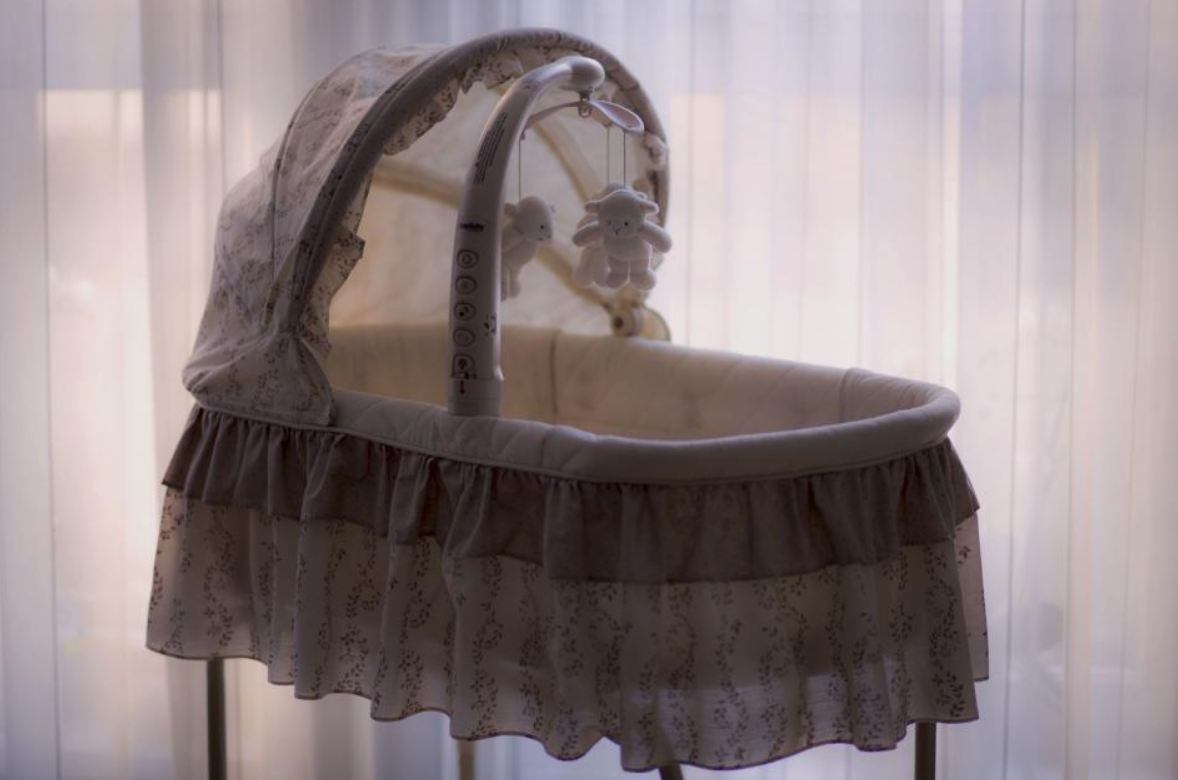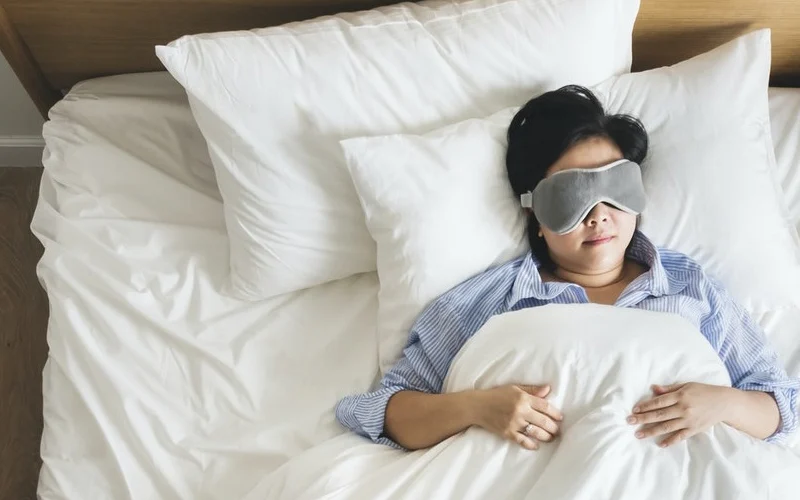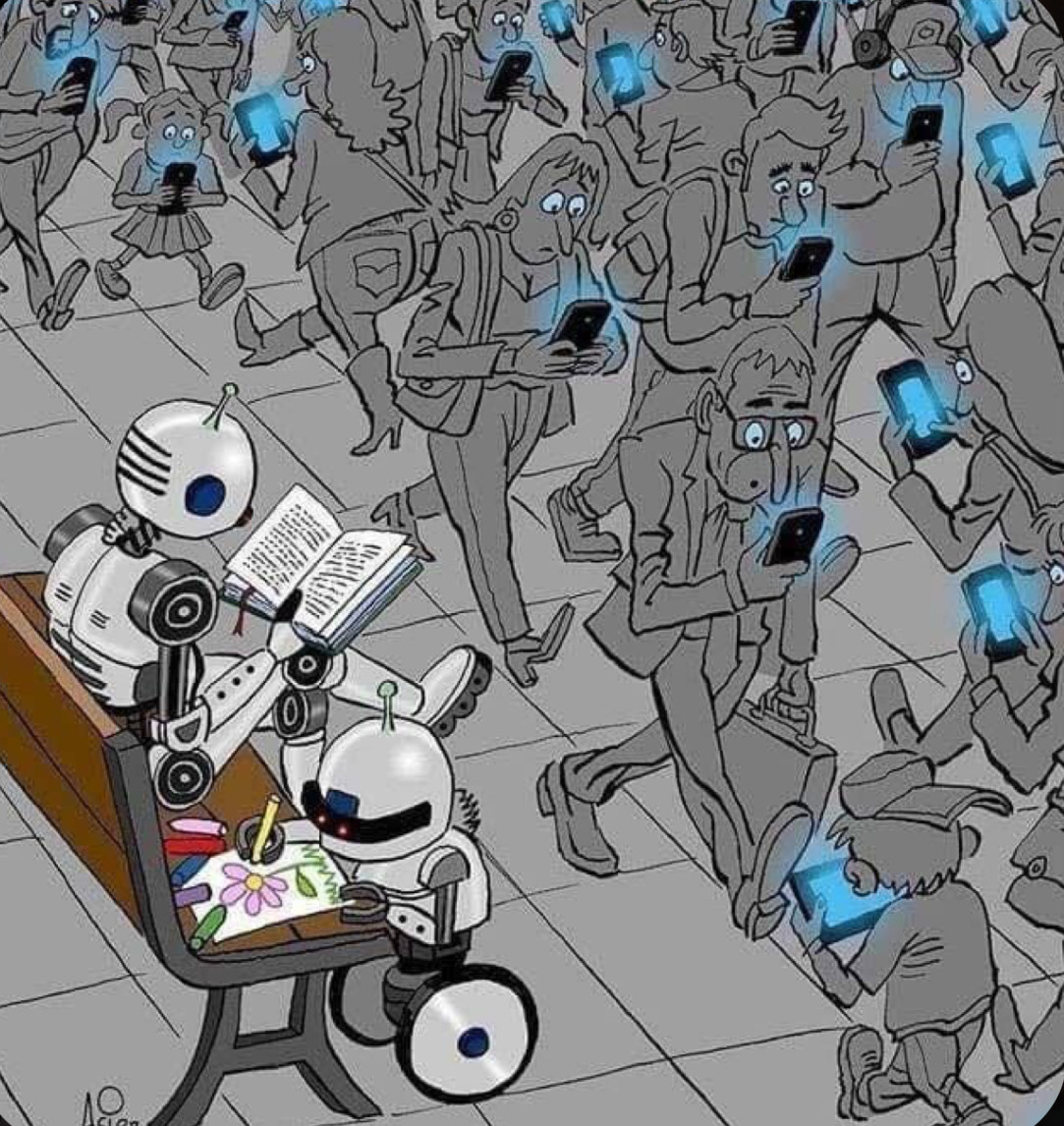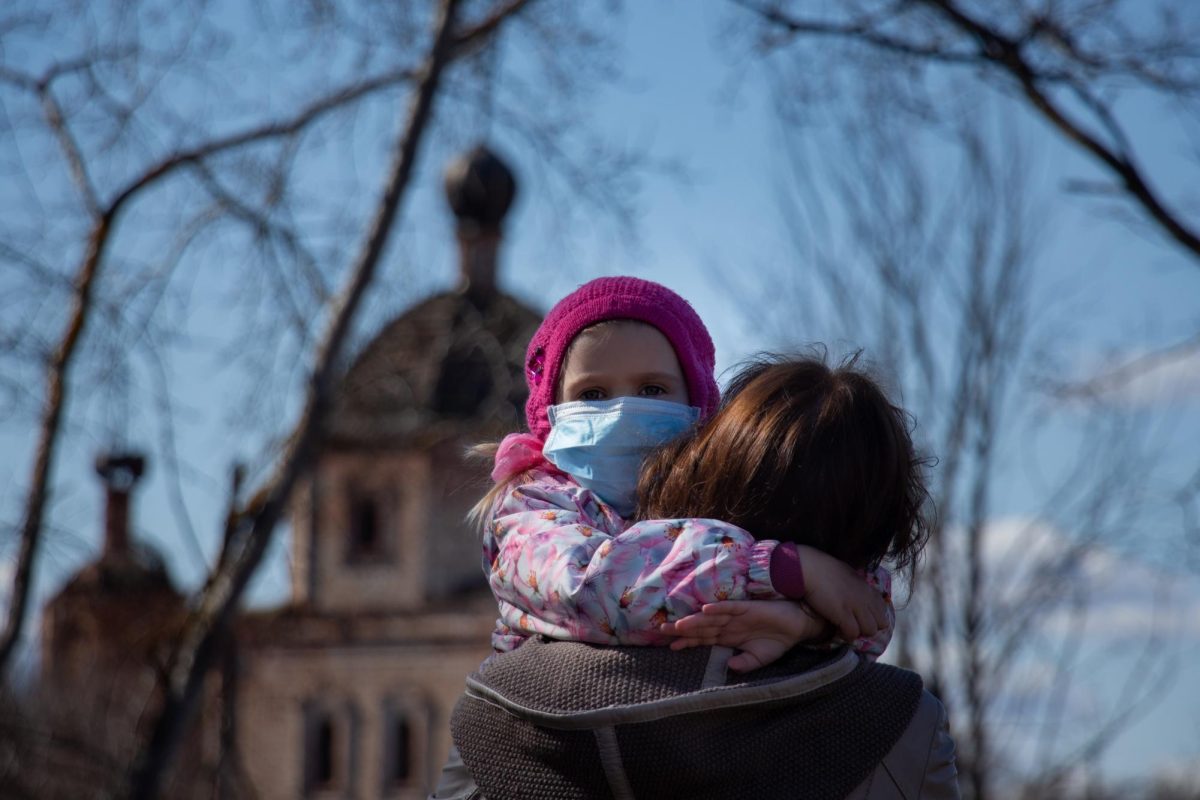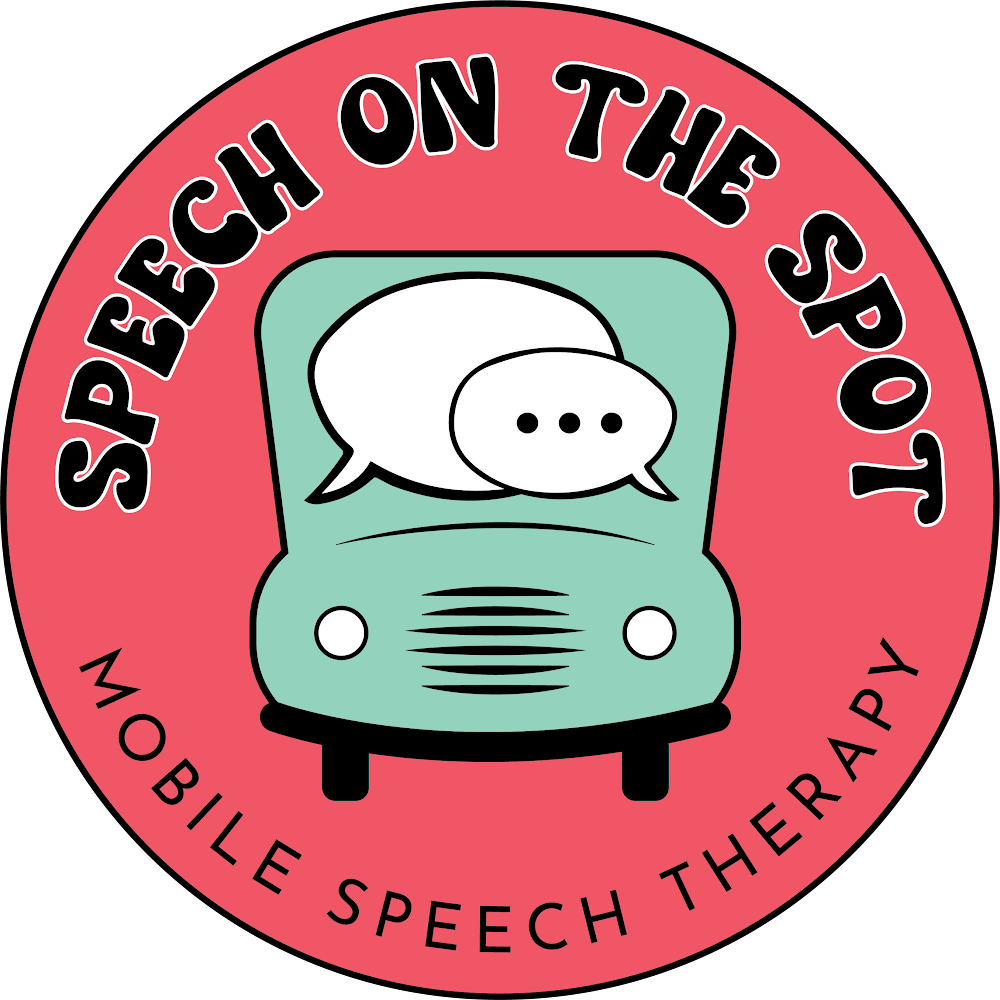Sleep is an essential biological necessity for maintaining optimal cognitive functioning, physical health, and overall well-being. An increasing body of research reveals that a substantial number of high school students fail to get the recommended amount of sleep each night. This chronic sleep deprivation can have profound and detrimental effects on students’ academic performance, mental health, and physical health.
Multiple factors contribute to sleep deprivation among students, including academic pressures, extracurricular activities, social commitments, and the pervasive use of electronic devices.
“With soccer practice, I usually get home around 5 p.m., so at that point, I lost a lot of the hours in which I used to do my school work, so I definitely find myself having more time commitment at night that affects my sleep schedule,” Rowan Bordelon, sophomore, said. “During soccer season, we usually have games on Tuesdays and Thursdays, and that requires me to get home around 8 p.m., and on top of school work, it definitely cuts into my sleep schedule.”
According to the National Sleep Foundation, adolescents aged 14-17 years require 8-10 hours of sleep per night, while young adults aged 18-25 require 7-9 hours. Nevertheless, many studies have indicated that a significant proportion of high school students are not meeting these sleep recommendations.
High school students often deal with a demanding academic workload filled with rigorous assignments, projects, and examinations.
“After school, I have soccer, so I typically don’t get home until around 5:45-6 p.m.,” Mary Lopez, junior, said. “Family time is important to me, so I have dinner with my family before diving into my schoolwork. I’m also working towards graduating with my associate of arts degree, which requires me to prioritize my college classes first. I try to catch up on sleep on weekends. This balance is crucial, as I understand that adequate sleep is essential for having maximum focus and maintaining my health as I navigate the demands of high school and beyond.”
Additionally, engagement in various extracurricular activities, such as sports, clubs, and part-time employment, can consume a substantial amount of students’ time outside of school hours, thereby diminishing the time available for sleep. Social commitments and interactions with peers and family members can also disrupt students’ sleep schedules, as they may frequently stay up late socializing or attending events.
“For sporting events, usually for a more general audience, those sorts of events have a small effect on my sleep, usually little to none,” Eli Rush, junior, said. “But smaller social gatherings, in which I’m out or away from home, have a much greater impact on my sleep because I choose to trade my sleep for social interactions.”
Moreover, the pervasive use of smartphones, computers, and other electronic devices before bedtime can disrupt sleep patterns due to the blue light emitted by these devices. This blue light suppresses the production of melatonin, a hormone pivotal for regulating sleep.
The effects of sleep deprivation on high school students are complex, encompassing academic performance, mental health, and physical health. Inadequate sleep can damage cognitive functioning, memory retention, and concentration, impeding students’ ability to focus and excel academically. A study published in the Journal of School Health demonstrated that sleep-deprived high school students exhibited lower grades and academic achievement than their well-rested counterparts.
Furthermore, sleep deprivation is intricately linked to an elevated risk of mental health disorders, such as depression, anxiety, and mood disorders. Chronic sleep deprivation can precipitate a myriad of physical health issues in high school students, including a weakened immune system, weight gain, and an increased risk of chronic diseases, such as diabetes and cardiovascular diseases. Sleep-deprived students are more predisposed to engage in risky behaviors, such as substance abuse and reckless driving.
Addressing sleep deprivation among students requires a complex approach involving schools, parents, healthcare providers, and students themselves. Schools can implement educational programs to raise awareness about the importance of sleep and provide students with strategies for improving sleep hygiene, such as establishing a regular sleep schedule, creating a relaxing bedtime routine, and limiting electronic device use before bedtime.
Schools can also implement policies to promote healthy sleep habits among students, such as restricting homework assignments and examinations that necessitate late-night studying and providing flexible scheduling for extracurricular activities to facilitate adequate sleep.
“[I] encourage them to get 7-8 hours of sleep every night, reiterating the importance of sleep and the direct correlation it has on a person’s ability to learn,” Ms. Hayden Shamel, AP teacher, said. “If a person’s primary needs aren’t met, it’s impossible for them to learn, so having sleep is important for a conducive learning environment. On the hierarchy of needs, sleep is near the very top; it’s fundamental.”
Parents play a pivotal role in promoting healthy sleep habits among their children by establishing consistent bedtimes, creating a sleep-friendly environment at home, and modeling good sleep habits. Healthcare providers can play a crucial role in identifying and treating sleep disorders and other underlying medical conditions that may contribute to sleep deprivation among students. Additionally, limiting the use of electronic devices before bedtime and promoting the use of blue light-blocking glasses or applications that reduce blue light emissions can mitigate the sleep-disrupting effects of screen time.
Sleep deprivation among high school students is a severe and pervasive problem with significant implications for academic performance, mental health, and physical well-being. By prioritizing sleep and implementing effective interventions, students can achieve academic success, improve their psychological and physical health, and enhance their overall quality of life.

